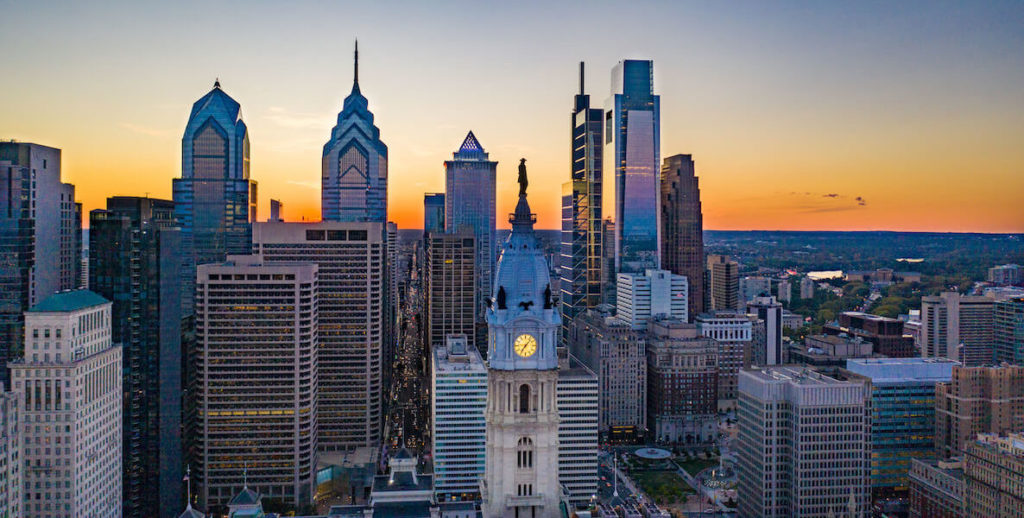Covid-19 and the fallout from it confronts Philadelphia with a series of overlapping health, economic, fiscal and social crises. These are perhaps the deepest crises the city has faced in modern memory, but its roots are not new.
Covid-19 has accelerated and reinforced deep challenges the city was facing even before the pandemic struck—crises of equity and inclusion, of overcoming inequality and deeply concentrated urban poverty, of building a more robust, sustainable, inclusive and resilient economy.
It has become something of a cliché to say a crisis is a terrible thing to waste. But we surely can’t waste this one. There is a rare opportunity and obligation to finally address the deep challenges and overlapping crises facing Philadelphia, and build the city back better.
In the absence of federal leadership, Philadelphia must design its economic recovery strategy from the bottom up. The city is no stranger to doing things this way.
To this end, we recommend a $250 million Philadelphia Regeneration Fund be locally capitalized to ensure that capable intermediaries can build more capacity, proven successes can be scaled and innovative solutions can be tested.
Together and with the support of our colleagues at Drexel University and across the city, our research has helped us take the pulse of the city and identify its opportunities and challenges.
The other, Richard Florida, dug into the city’s deepening new urban crisis and the need for it to shift to a new model of inclusive prosperity under the auspices of the inaugural Philadelphia Fellowship sponsored by Drexel University, Thomas Jefferson University and the University City Science Center.
These initiatives, taken together, documented the enormous opportunities and significant challenges facing the city and metro region, challenges that are magnified by Covid-19 and the overlapping economic, social and fiscal crises that have emerged in its wake.
It is time for a new roadmap that puts inclusion and equity, resilience and sustainability at the forefront of the region’s strategy, reshaping the city and region’s future growth in ways that substantially increase quality jobs and living standards for all Philadelphians, while radically reducing racial and ethnic disparities in income, wealth and health, and ensuring that the city grows and develops in radically different ways.

